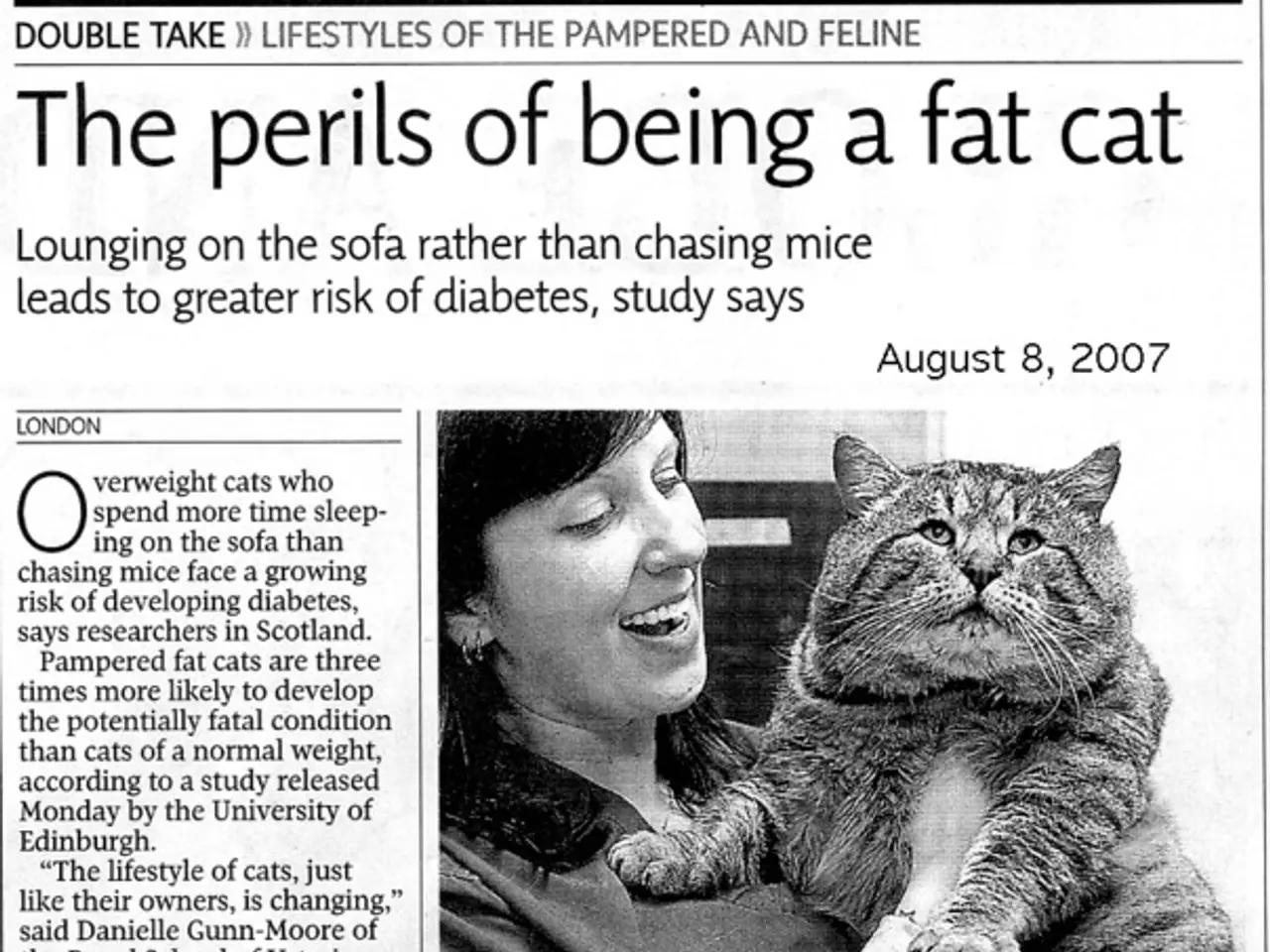Emerging Europe's Human Resource Ranking: Estonia Leads in World Bank's Recent Evaluation, Romania Sparks Worry
The World Bank Group's 2020 Human Capital Index paints a mixed picture for the countries in Europe and Central Asia. While some nations like Estonia, Poland, and Azerbaijan have made significant strides in education quality and health, others face challenges.
Tajikistan, Kyrgyzstan, and Uzbekistan have the lowest Human Capital Index values in the region. Ukraine, Moldova, and Bosnia and Herzegovina also rank in the lower thirds. However, there are some positive developments. Albania, Moldova, and Montenegro have improved their education quality over the past decade, while Bulgaria and Ukraine have seen declines.
Romania is one of the countries that have experienced a decline in expected years of schooling. A child in Romania is now expected to complete 11.8 years of school by age 18, a decrease since 2010. The World Bank estimates that a child in Romania only benefits from 8.4 years of effective schooling due to the low quality of education.
The percentage of 15-year-olds in Romania expected to survive to age 60 stands at only 88 per cent. This is a concerning figure, especially when compared to Estonia, which has the highest Human Capital Index score in emerging Europe, at 0.78.
The World Bank's Human Capital Index measures the human capital a child can expect to attain by their 18th birthday, given the risks of poor health and poor education in their country. In Romania's case, the index shows that the country needs to urgently invest in the health and education of its children.
The Covid-19 pandemic poses a threat to progress in health and education over the past decade, particularly in the poorest countries. Most children, over one billion, have been out of school and could lose out on half a year of schooling, adjusted for learning. Significant disruptions to essential health services for women and children have occurred, with many children missing out on crucial vaccinations.
Despite these challenges, there are reasons for optimism. Azerbaijan, Albania, Montenegro, and Poland have made the largest gains in expected years of schooling, mainly due to improvements in secondary school and pre-primary enrollments.
Romania's score in the World Bank's Human Capital Index has decreased from a decade ago, currently standing at 0.58. This is lower than the average for the Europe and Central Asia region, and the same as its neighbor, Moldova, whose trajectory is upward.
In conclusion, while there are challenges in the region, there are also opportunities for improvement. Investments in education and health can help countries like Romania close the learning gap and improve the human capital of their children, ensuring a brighter future for all.
Read also:
- Peptide YY (PYY): Exploring its Role in Appetite Suppression, Intestinal Health, and Cognitive Links
- Toddler Health: Rotavirus Signs, Origins, and Potential Complications
- Digestive issues and heart discomfort: Root causes and associated health conditions
- House Infernos: Deadly Hazards Surpassing the Flames








